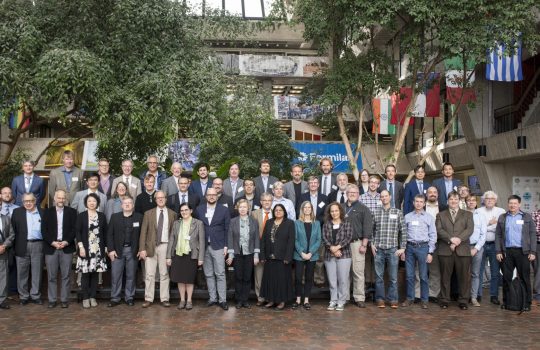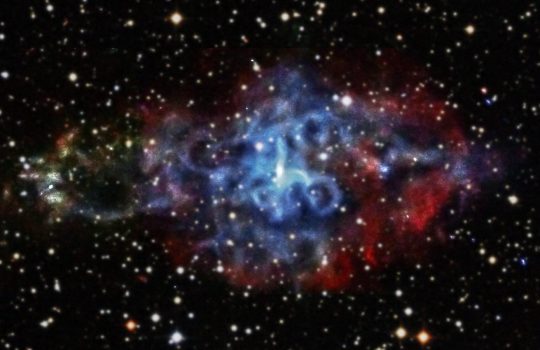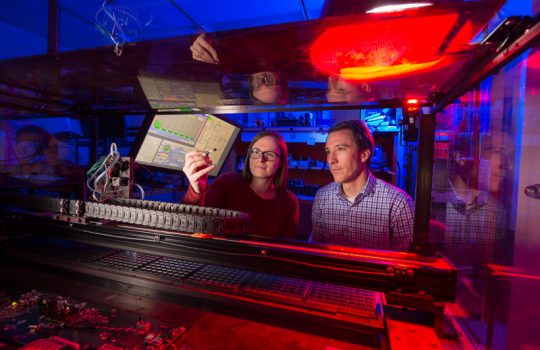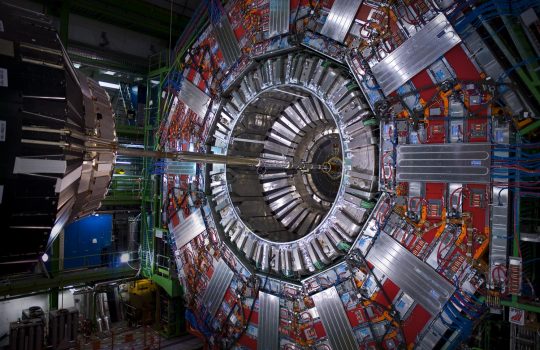USCMS collaboration gets green light on upgrades to CMS particle detector
The USCMS collaboration has received approval from the Department of Energy to move forward with final planning for upgrades to the giant CMS particle detector at the Large Hadron Collider. The upgrades will enable it to take clearer, more precise images of particle events emerging from the upcoming High-Luminosity LHC, whose collision rate will get a 10-fold boost compared to the collider’s design value when it comes online in 2027.






